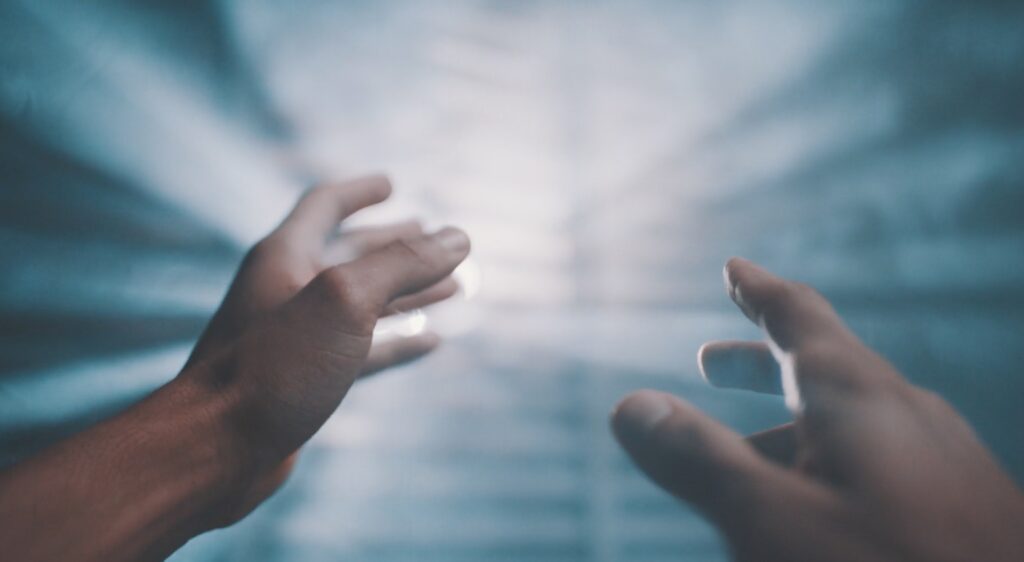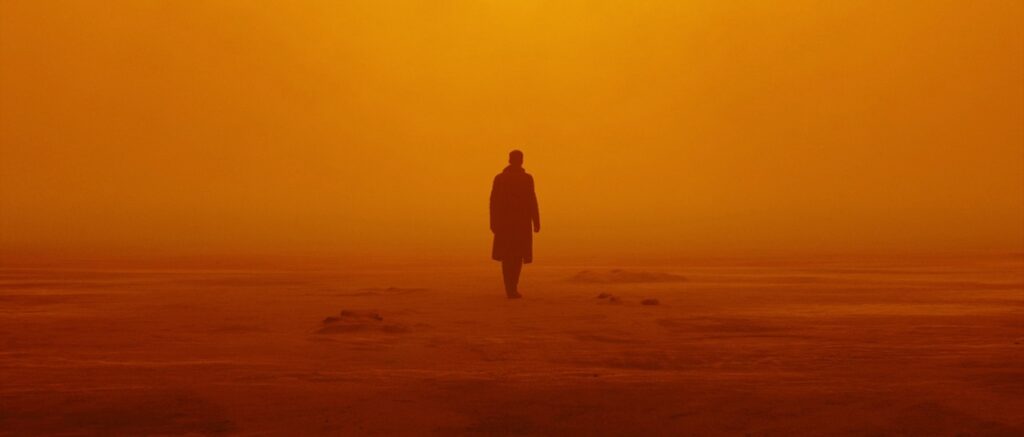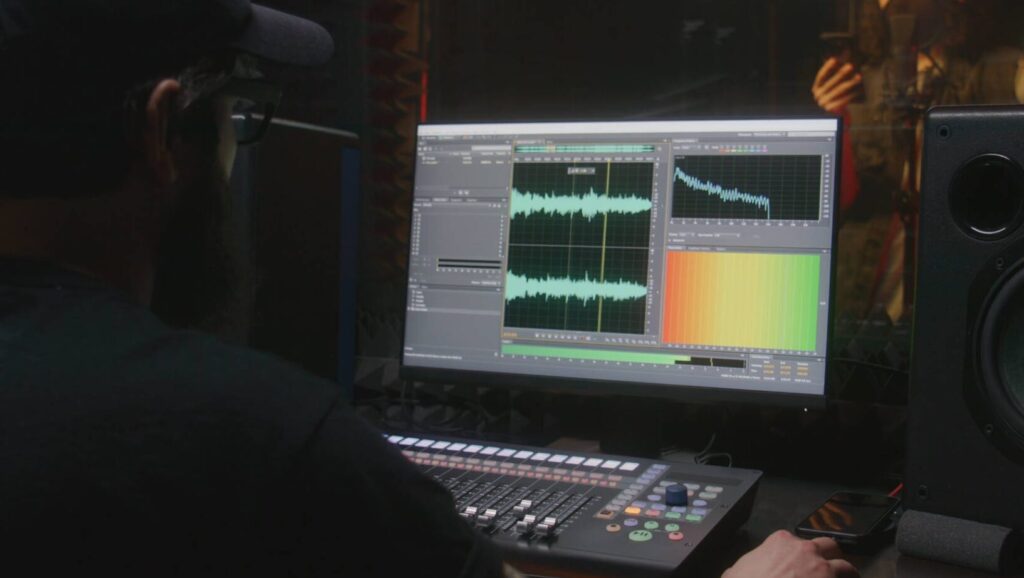Introduction
Ever watched a video and thought, “This looks like it was shot in a dingy basement”? That’s what happens when lighting isn’t given the attention it deserves. Good lighting isn’t just about brightening up a scene; it’s about creating a mood, enhancing the story, and making your footage look professional. Ready to light up your projects? Let’s dive in and discover why good lighting is the secret sauce to stunning video production!

Why Lighting Matters
Creating Atmosphere
Lighting is like the spice rack in your kitchen—it’s what brings out the flavour. Whether you want to create a cosy, intimate scene or a bright, vibrant one, the way you light your subjects will set the mood. Imagine a horror film with bright, cheerful lighting—it just wouldn’t have the same impact. Lighting helps you create the right atmosphere, making your story more compelling.
Highlighting Key Elements
Ever noticed how some scenes draw your attention to a particular spot? That’s no accident. Good lighting can direct your audience’s eyes to the most important parts of the frame, subtly guiding their focus. Whether it’s a close-up of a character’s face or an important object in the background, lighting can make these elements stand out.
Enhancing Production Value
Let’s face it—nobody wants their video to look amateurish. Poor lighting can make even the best camera equipment produce subpar results. By mastering lighting techniques, you can dramatically increase the production value of your videos, making them look polished and professional. This can make a huge difference, especially if you’re working on a budget.
Tips for Perfect Lighting
Understand the Basics
Before you can play with lighting, you need to know the basics. Concepts like three-point lighting, which involves using key, fill, and backlights, are fundamental. This classic setup can make your subjects look more dimensional and less flat.
For a quick guide on lighting basics, check out this resource.
Match Lighting to Your Subject
Different subjects require different lighting approaches. For example, interviews often benefit from soft, even lighting that reduces harsh shadows, while a dramatic scene might need strong contrasts and moody shadows. The key is to tailor your lighting setup to the mood and message you want to convey.
Experiment with Light Sources
Natural light is fantastic, but it’s not always available or controllable. Don’t be afraid to experiment with artificial lights, like LEDs or softboxes. Reflectors and diffusers can also help you shape and soften light to create the perfect look.
Common Lighting Mistakes to Avoid
Overexposure and Underexposure
One of the most common lighting mistakes is overexposing or underexposing your shots. Overexposure can wash out your image, while underexposure can make it too dark to see details. The key is to find a balance that brings out the best in your footage.
Ignoring Natural Light
While artificial lighting is useful, don’t ignore the power of natural light. Shooting during the golden hour (just after sunrise or before sunset) can give your footage a beautiful, warm glow. Just be mindful of the changing light and be ready to adjust your settings accordingly.
For more on using natural light effectively, take a look at this guide.
Clashing Colours
Lighting also affects the colour temperature of your video. Mixing light sources with different colour temperatures, like combining daylight with tungsten light, can lead to a jarring look. Stick to one colour temperature or use gels to match your lights.
Real-World Applications

Case Study: “Blade Runner 2049”
One of the best examples of masterful lighting in recent cinema is Blade Runner 2049. The film’s use of neon lights and deep shadows creates a futuristic, dystopian world that’s visually stunning. The lighting doesn’t just illuminate the scenes—it’s integral to the film’s aesthetic and storytelling.
Pro Tips for Videographers
- Plan Your Lighting: Don’t leave lighting as an afterthought. Plan your lighting setup during pre-production to save time and headaches on set.
- Keep it Consistent: Ensure that your lighting is consistent throughout your video to avoid jarring transitions between scenes.
- Stay Flexible: Sometimes, things don’t go according to plan. Be ready to adapt your lighting setup to the environment and conditions.
Good lighting is the unsung hero of video production. It can transform your footage from dull to dazzling, helping to tell your story in the most effective way possible. Whether you’re a seasoned pro or just starting out, mastering lighting will give your videos that extra touch of magic. Ready to shine a light on your next project? Lumira Studio is here to help you make it happen.
For top-notch video production services and creative collaborations, contact Lumira Studio today. Let’s create something extraordinary together!





